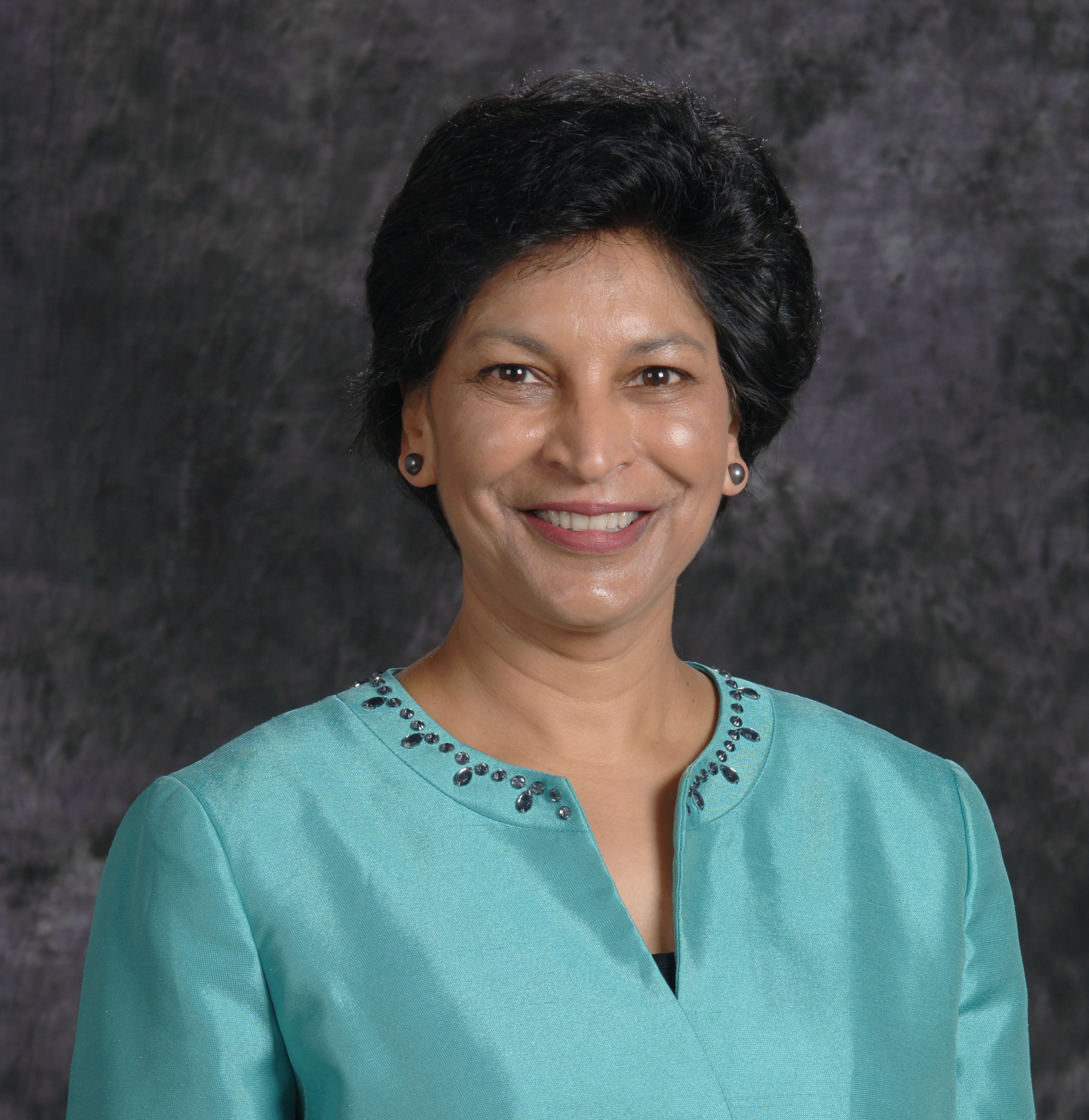How COVID-19 is Affecting our Head and Neck Community: AHNS COVID-19 Bulletin
By the AHNS Leadership and Patient Care Division
The American Head and Neck Society (AHNS) wishes to recognize and laude the actions of membership in the face of the COVID-19 pandemic. While abiding by our mission, “Advance Education, Research and Quality of Care for the head and neck oncology patient,” we must acknowledge that we, as head and neck physicians, are at “the tip of the spear” in the battle to control this pandemic. The evolving experiences worldwide demonstrate the serious impact of this virus on patients and the physicians who care for them. Similarly, the unique roles and risks of the head and neck physician are becoming more defined. Clearly, as our experience with this novel virus expands, more data will be available to assist in the best practices around clinical and caregiving trends. Until that accrues, we, as The American Head and Neck Society, will work to provide leadership and guidance based on current information.
We reinforce the critical importance of appropriate personal protective equipment (PPE) in the safe management of patients with COVID-19, but must also acknowledge the worldwide shortage of PPE. Judicious stewardship of PPE is a responsibility of all providers and we must reserve the use of any limited-availability PPE for patients and procedures deemed high risk. As the head and neck exam places the caregiver at heightened risk for potential COVID-19 infection from asymptomatic carriers, we recommend gloves, masks and eye protection be worn in the examination of the upper aerodigestive tract as PPE availability allows. In accordance with recommendations from the AAO-HNSF, https://www.entnet.org/content/otolaryngologists-and-covid-19-pandemic, special consideration should be made with endoscopic examinations as the nose and nasopharynx have been suggested to be high density reservoirs of this virus. Endoscopic exams should be clearly necessitated by the patient’s disease process and avoided if not necessary. It is suggested that these should be done with the most highly protective mask and eye protection available. Because of concern for aerosolized particles, nebulizers and atomizers are strongly discouraged if possible due to the increased risk of spreading the virus.
In accordance with national recommendations, elective and non-urgent outpatient visits should be postponed and innovative care approaches utilizing telemedicine should be explored and optimized. In support of the CMS recommendations, all elective and non-urgent surgery should be postponed. Click here for the CMS recommendations: (https://www.cms.gov/files/document/31820-cms-adult-elective-surgery-and-procedures-recommendations.pdf). As the management of head and neck cancer patients remains core to our mission as physicians and a society, head and neck surgery will still be indicated and imperative in the care of patients with head and neck cancers. The CMS guidelines allow for the continued, appropriate use of surgical interventions when indicated. Yet, thoughtful consideration will be required in deciding which patients will benefit in this complex evolving context. As physicians we need to acknowledge the constraints of time, disease progression and the idiosyncratic strains placed upon each individual health system by the progressing COVID -19 pandemic. We must work with our oncologic caregivers to creatively navigate our patients through these unchartered waters with care and skill, while similarly partnering with all our health care colleagues in this COVID-19 era. Our effective care of the head and neck patient should complement the system, never constrain it.
Much attention has been given in recent days to the safety of invasive procedures in COVID-19 patients and potential asymptomatic carriers, from bronchoscopy and intubation to advanced aerodigestive tract and sinonasal surgery. Again, we emphasize that maximized PPE, including the use of powered, air purifying respirator (PARP), be used per the recommendation of each institution for proven COVID-19 patients. The infectivity of potential asymptomatic carriers has yet to be defined, but is felt in early anecdotal reports to be high. Although COVID-19 testing prior to surgery would offer potential benefit in further defining at risk procedures, testing capacity is currently insufficient to test symptomatic patients, much less screen asymptomatic surgical candidates. It is anticipated that this will change in coming days and preoperative testing may be a reasonable adjunct to decision making around surgical candidacy. The decision to proceed with interventions, surgical or otherwise will rest with the clinical decision-making of the health care provider and their personal comfort with such engagement in this pandemic. This will require daily re-evaluation as new information presents and the pandemic unfolds. We have trained and gained expertise throughout our careers, not preparing for this specific day, but to care for head and neck patients in need. In this time of need, we are here, uniquely prepared and empowered to be the caregivers and difference-makers the world and our patients need.
Our colleagues, the world over, are our greatest resource. We will need to actively leverage each other’s experiences during this time of crisis: our successes, our failures, our plans, our algorithms, our innovations, our challenges, our thoughts, our queries, our concerns. To this end, the AHNS will sponsor the COVID-19 BULLETIN BOARD on the AHNS website. We will solicit informative submissions related to specific issues in the management of head and neck patients and in the COVID-19 era, as well as, the role of the head and neck caregiver in the evolving pandemic. Specific policies enacted at given institutions, use of PPE, COVID testing policies, patient triage algorithms, management strategies for tracheotomy use, etc. are all example topics. Submissions will be rapidly evaluated by leadership members of the Patient Care Division of the AHNS and posted in an expeditious fashion. It is recognized that many of these approaches will be local, influenced by epidemiologic and resource factors and that all our early experiences will be anecdotal, lacking the usual robust data on which we typically make decisions.
The leadership of the AHNS will be evaluating the rapidly evolving pandemic and strive to be the responsive, effective, innovative and compassionate force this society and our patients deserve.
